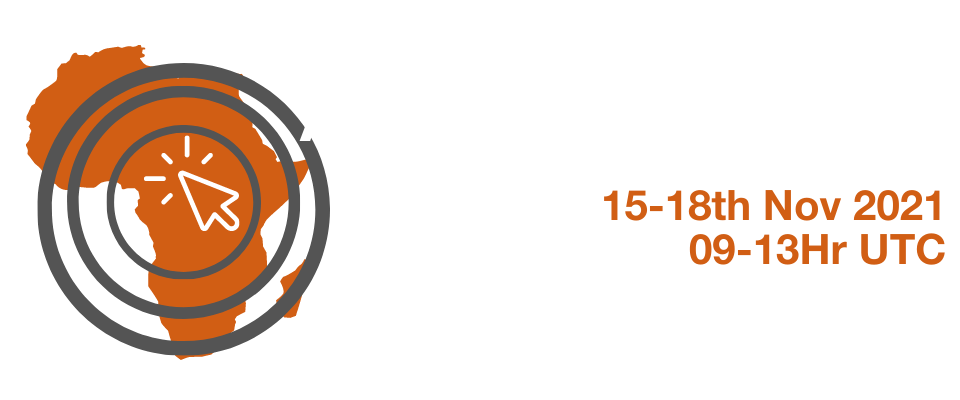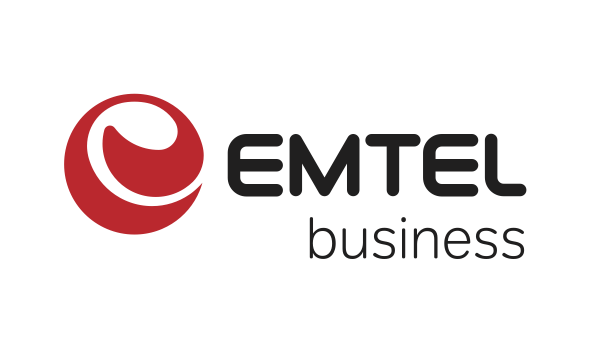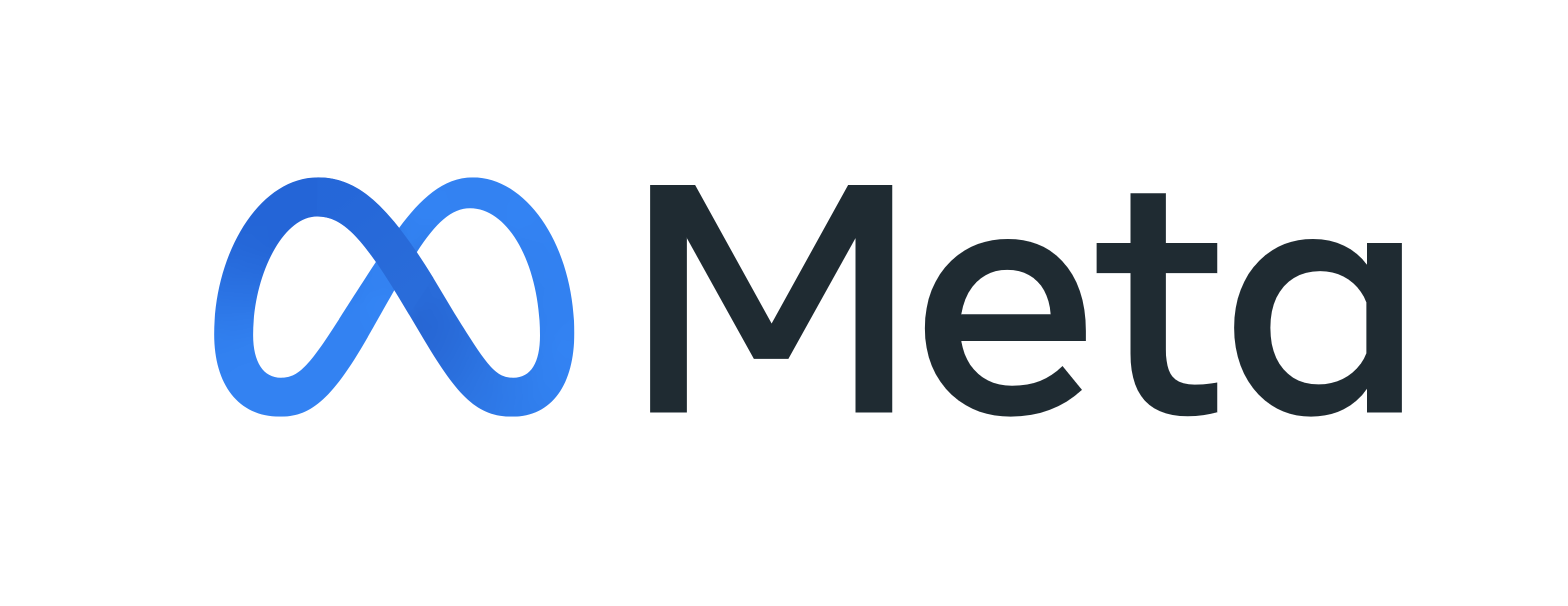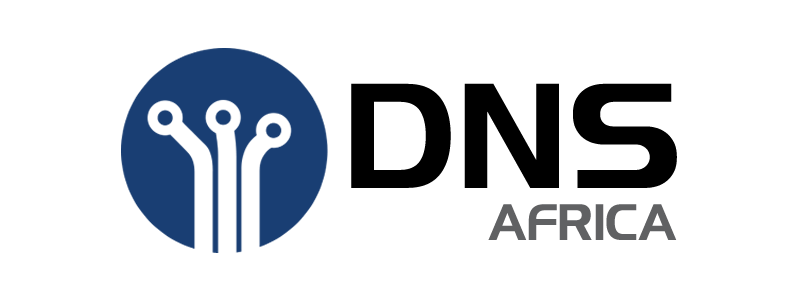About AFRINIC-34 Online

AFRINIC exists to expand the Internet for the sustainable development of Africa. One of the prominent ways in which AFRINIC implements this vision is through major events held around the continent to champion this debate. It is for this reason that AFRINIC will be holding the 34th series of these meetings. Dubbed AFRINIC-34, the meeting will take place from 15 - 18 November 2021 online.
AFRINIC-34 is a follow-up to the African Internet Summit (AIS) 2021 that was held online from 31 May to 4 June 2021. It was held in collaboration with ISPA-DRC. Over 370 participants from 55 countries attended the summit that consisted of in-depth policy development discussions, training courses, workshops, tutorials, plenary sessions, and panel discussions. Some key highlights of the event included discussions on inclusivity and diversity in ICT, cyber security, IPv6, blockchain, and peering efforts to strengthen key internet infrastructure to keep the content and traffic local.
For more information on AFRINIC-34 please read the Concept Note.
Background notes
1. What strategies can be used to drive IPv6 Deployment throughout the continent?
ISPs in Africa have to uptake IPv6 with IPv4 depletion impending, whereas this protocol offers a viable solution in supporting technologies such as IoT, IAAS, AI, VR and blockchains, that are shaping the future of our digital economy.
While IPv6 deployment is relatively simple from an engineering point of view, many businesses in Africa have yet to embark on the path of deploying IPv6. For the sustained growth of our digital space and economy, Governments, Businesses, ICT Regulators, and End Users have to get prepared for v6.
Speakers are invited to share valuable experience on strategies for deploying IPv6 strategies from their perspectives.
2. How Internet infrastructure can be improved and expanded to ensure low cost, resilient and secure Internet access and keep our content and traffic local?
In spite of the increasing availability of the Internet around the world, only 43% of the global population has Internet access. If gaps persist between those who access the Internet’s opportunities and those who do not, there is a risk of increased social and economic inequality.
This part of the conference will address initiatives that support universal and affordable access to the Internet.
Regional initiatives on issues relating to Internet access, cost, and security are addressed through presentations on topics such as peering, telecommunication infrastructure, connectivity and cyber security.
3. How to ensure affordable, always-on Internet access for all so that all African citizens can reach their potential?
To ensure sustainable growth of a stable, secure and robust Internet, it is vital that Governments, Civil and Technical societies along with all other stakeholders engage in dialogues and forums regarding the Internet, its development and related issues on how the Internet should be managed.
Several governments continue to shut down the Internet, depriving citizens of their right to use the Internet to fulfill their potential.
4. What are the policies guiding Internet number resource distribution in Africa and how to ensure that all stakeholders participate in the Policy Development Process (PDP)?
Internet number resources such as IP addresses and Autonomous System Numbers (ASN) are important public resources that are vital for the continued growth and stability of the Internet. These resources are neither owned by users, nor are they a commodity that can be bought, sold or traded. It is thus important that they are managed and distributed in a responsible and fair manner with policies acting as vehicles through which these objectives are attained.
Policies on Number Resource management are developed through an open process. Anyone is welcome to participate by joining public mailing lists and attending public policy meetings held by RIRs twice a year. Through these forums AFRINIC engages with everyone irrespective of geographical location, gender and race on issues not only concerning Number resource Management but also Internet access, affordability, governance and much more.
5. How to keep our networks safe from cyber attacks, DDoSs and shutdowns?
Our cyberspace is prone to different types of cyberattacks such as phishing, spoofing, DDoS, BGP Hijacks, route leaks, and more.
Initiatives that speak on those benefits that help in keeping our cyberspace safe and knowledge sharing is a crucial means to fight cybercrime. To this effect, AFRINIC-34 will have a dedicated slot speaking about Initiatives that help keep our cyberspace safe through knowledge sharing as a crucial means to fight cybercrime, and adoption of Internet best practices such as BCP-38 (Applying Source Address Validation), BCP- 84, RPKI and DNSSEC deployment increases resiliency and security and eventually helps in keeping our network safe from attacks.
6. How to harness the power of the Internet to help end poverty and ensure prosperity for all?
With access to the Internet come improvements to education, health, society, industry, policy and human rights. Increasing Internet access also means that more investment in critical infrastructure is needed.
Related policies also need to be discussed, updated and put in place and cross-continent agreements need to be made. Crucially, Africa needs to ensure that every device now - and in the future - can be assigned its own unique IP address so it can connect and communicate to the global network and that Africa’s unconnected do not get left behind.





